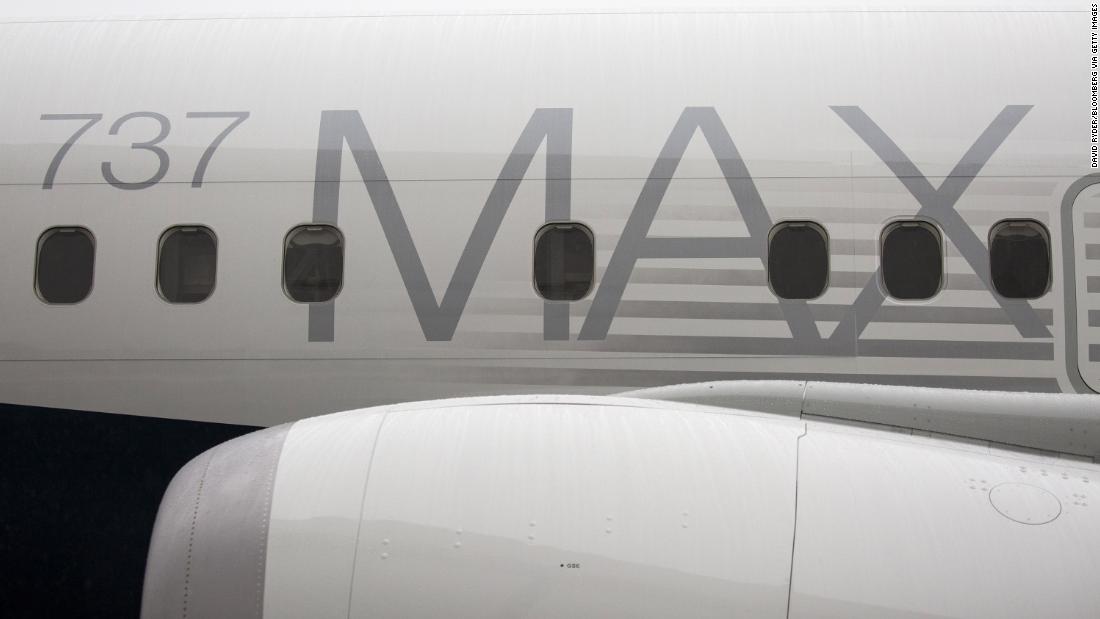What we don’t know about the Ethiopian Airlines crash

In the days since the crash, the personal stories of many of those on board have come to light — highlighting the truly international nature of a tragedy that saw people of 35 different nationalities die.The focus on Boeing has also been intense. On Tuesday, the UK joined several other countries in grounding the company’s newest, big-selling 737 MAX 8 jet over safety concerns. The MAX 8 was also the model involved in October’s Lion Air crash, which killed all 189 people on board.But much more about Sunday’s crash remains unclear — including crucial questions over what caused the jet to go down.We still don’t know what caused the crashThe first major clue will come from the flight data recorder and the cockpit voice recorder, which were both recovered from the scene of the disaster on Monday. Those crucial items are in the custody of Ethiopian Civil Aviation Authority in Addis Ababa, but it’s not yet clear where they will be analyzed. Ethiopian Airlines CEO Tewolde GebreMariam told CNN Tuesday that they will be sent to another country for scrutiny.Full investigations into an aviation disaster can take years — but the first indications of what those recorders tell us should emerge in the coming days. ]]]]>]]>Following the Lion Air crash, it took four days from the discovery of the flight data recorder for Indonesia’s National Transportation Safety Committee to reveal that the plane had a malfunctioning air speed indicator for its last four flights, and at the time of the crash.The black box and voice recorder are the starting point for any air crash investigation — they provide a vital insight into what took place in the final moments of a flight, and how the pilots reacted to it.We don’t know if there’s a link to the Lion Air crashUntil flight data recorder data is analyzed, it’s impossible to say whether the two disasters are linked.There are a number of apparent similarities between the two flights, aside from the obvious fact that both flew on new MAX 8 jets. Each flight crashed minutes into its journey, during a phase of flight where fatal accidents are not at their most common.The Lion Air flight flew for 13 minutes before crashing, while the Ethiopian Airlines jet crashed at six minutes into the journey. Both flights also dipped and then regained altitude, according to flight data, though the erratic movements on the Lion Air plane were more extreme. ]]]]>]]>”The similarities with Lion Air are too great not to be concerned,” CNN aviation expert Mary Schiavo said after the second disaster — and that concern has prompted numerous countries to ground Boeing MAX jets out of caution.However, there is no way of knowing if anything other than coincidence is to blame. Boeing’s 737 historically have an outstanding safety record, and no potential causes — including human error, random malfunction or terrorism — have yet been ruled out.Furthermore, eyewitnesses told CNN that they saw the plane swerving, dipping and emitting smoke as it came down. Those details don’t immediately match with the Lion Air crash.We don’t know what technical problems the pilot reportedLittle is known about the Ethiopian Airlines pilots flying the jet on Sunday morning. One of the pilots had flown more than 8,000 hours, according to company CEO GebreMariam. He had an “excellent flying record,” GebreMariam added. GebreMariam also told reporters at a press conference that the pilot in contact with air traffic control had reported technical difficulties, and later elaborated to CNN that he reported “flight control problems.” He asked for clearance to return to Addis Ababa, which he was granted. What particular problems he cited in those communications are unclear.The Boeing 737 MAX 8 plane had flown into Addis Ababa Sunday morning from Johannesburg on Flight ET858.We don’t know why regulators are taking different approaches The MAX 8 was unveiled to great fanfare little over two years ago, but passengers around the world are now asking if the planes are safe after they were involved in two tragedies in less than six months.On Monday, Boeing said it has no “basis to issue new guidance to operators.” ]]]]>]]>But several countries have taken the decision out of their hands, grounding the 737 MAX 8 or the whole MAX range to carry out additional safety checks and await developments in the investigation. On the other hand, most airlines in the US have said they are still confident in the model, and the Federal Aviation Administration has not yet taken action. Several American airlines have the plane in their fleet, including Southwest, which has more MAX 8s than any carrier other in the world. “We remain confident in the safety and airworthiness of our fleet of more than 750 Boeing aircraft,” Southwest said in a statement sent to CNN on Monday.Passengers who wish to check if their airlines use MAX 8 planes can check a full list on Boeing’s website.Clarification: This story has been updated to reflect that it is unclear which pilot reported the technical difficulties.






